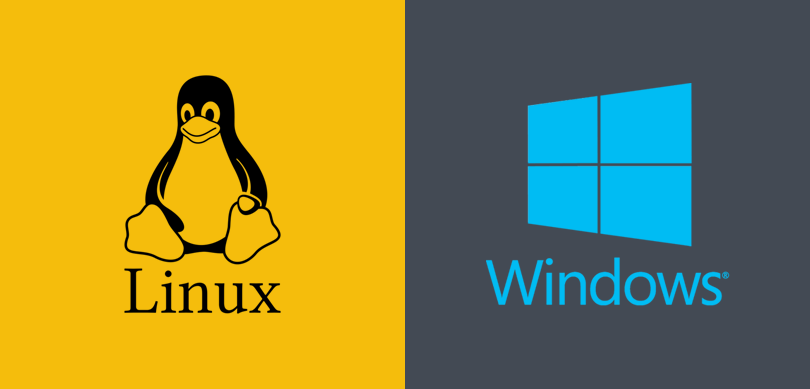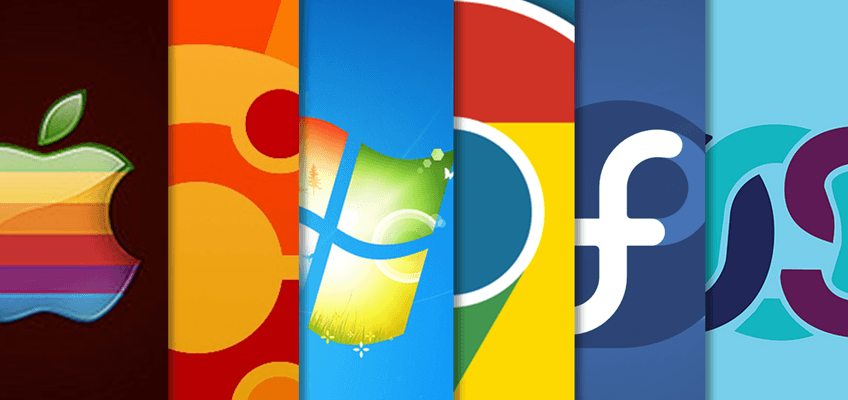When buying a new computer, there are some very important decisions that we have to make. For example, what kind of equipment do we need? Depending on our needs (price, portability, power, screen size, …), we may be interested in a desktop computer, a laptop or even a tablet. Another very important decision is the operating system of the new computer, considering three alternatives: Windows, OS X (Mac) and GNU / Linux.
We must bear in mind that in this scenario we are ruling out some more portable alternatives, such as laptops with Chrome OS (Chromebooks) or hybrids between tablet and laptop with Android operating system (such as Pixel C) or iOS (iPads with built-in keyboard ).
First of all is the price:
OS X and Linux are free, while Windows 10 is only free if you upgrade from a previous version of Windows. For new computers, Windows 10 starts at € 135 for the “Home” version or € 279 for the “Pro” version. This cost may or may not be “hidden” in the price of the computer, although if so, in the end, you end up paying one way or another.
On the other hand, in the case of Linux, the tools and services to maintain a server are included. These server tools are also available for OS X and Windows, but with paid versions.
However, when discussing the price of the operating system it is necessary to take into account other elements:

▸The services with subscription fee: These services can have a monthly or annual fee. Increasingly, companies that develop operating systems offer subscription services integrated into the OS: email, document storage and images in the cloud, etc.
▸The hardware price: OS X can only be run on Mac computers, which have a higher cost than their PC version equivalents. Linux and Windows can be run on computers with similar characteristics and offer a greater possibility of customization when choosing the components that we are going to use on our computer.
▸Privacy: Windows 10 sends information about computer usage to Microsoft servers. The amount of information it sends by default can be reduced by setting it appropriately, but it still sends private information. Apple has tried to send the message that, unlike other companies, it does not make a living from user data and respects their privacy. However, the Edward Snowden leaks revealed that Apple, Google and Microsoft were providing their users data to the NSA. We therefore see that the industry as a whole has a not very reassuring behavior in relation to privacy.
▸Advertising: A much criticized feature of Windows 10 is the ability to display advertisements (“tips” in corporate language), either in the start menu or on the lock screen. In the case of Ubuntu, version 12.04 included ads from Amazon when performing a search. This feature was removed due to community complaints,
Management and security
Popularity is a heavy slab for Microsoft: being the operating system with the largest market share makes it the first target of cyber attacks. This makes Windows carry a reputation (deserved or not) of being the most insecure operating system due to the number of viruses and vulnerabilities that appear. Although viruses, ransonware, and Trojans exist on all platforms, even OS X and Linux.
OS X has the advantage that the hardware of the Mac is very limited, so the system is much more stable: there are not as many hardware incompatibility problems as there can be in Linux, or driver problems as there can be in Windows 10 with old hardware. On the other hand, it is easy to perform simple tasks, although it can be difficult to make complex changes to the equipment.
Finally, Linux is the most powerful platform when it comes to configuring, customizing and managing your computer. First, there are a large number of distributions, where each incorporates a different catalog of applications, tools and services. In addition to these multi-field applications, application repositories are also provided with all software ready for immediate installation. On the other hand, there are powerful tools that allow you to configure the equipment and automate a multitude of complex tasks (for example, using scripts). However, it is necessary to have some computer knowledge to understand what is being done, and to dedicate some time to it.
Operating system support
Another element to take into account, especially for professional users, is support: how long is there a commitment to have updates and security patches for the operating system.
▸In the case of OS X, there is no concrete information. Typically, Apple has supported the last three versions of the operating system and this makes the support time between 2.5 and 3 years.
▸For Linux, it depends on the distribution and the version selected. Ubuntu publishes two types of versions: every 6 months a version with the latest software and 9-month support is released; Every two years an LTS (Long Term Support) version is released with 5 years of support.
▸In the case of Windows, Microsoft has announced that the end-of-life for Windows 10 will be 10/14/2025.



